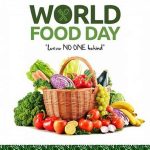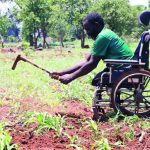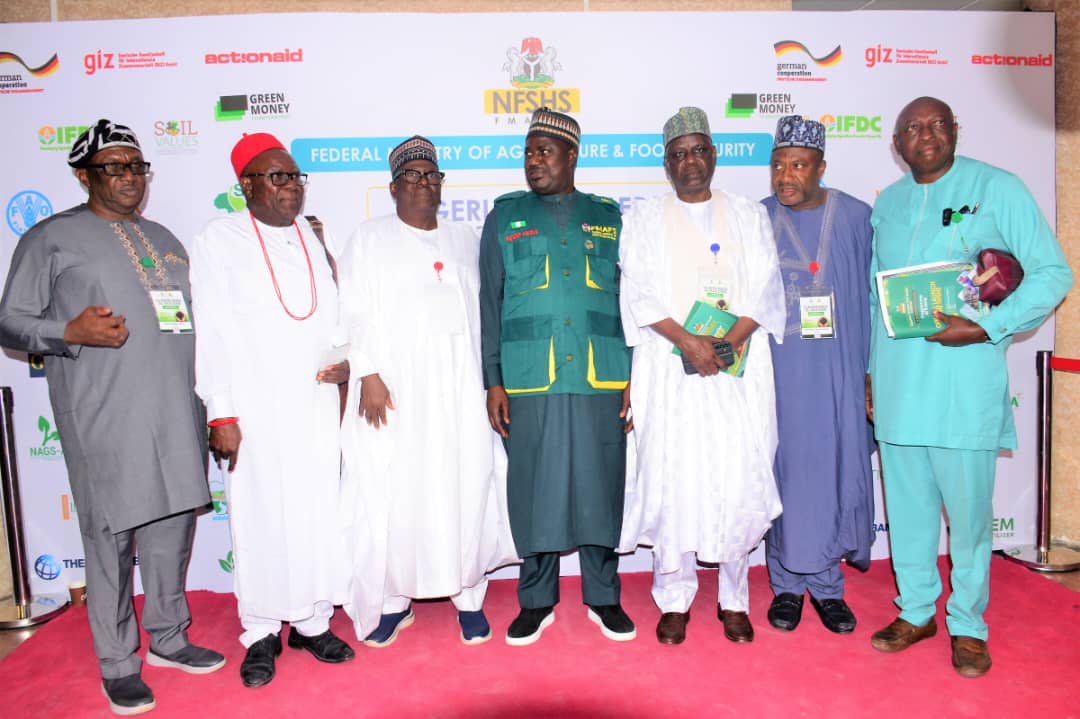Farmers in Borno, Bauchi, Kano, Katsina, Kebbi, Jigawa, Sokoto, Yobe, and Zamfara states are set to receive a $183.1m boost for agricultural value chain development by August 2025.
The initiative is a collaboration between the International Fund for Agricultural Development (IFAD), the French Development Agency (AFD), and the Federal Government.
The Value Chain Programme in Northern Nigeria (VCN), an eight-year programme, aims to contribute sustainably to poverty reduction, enhanced nutrition, and better resilience of rural communities.
Validated in March 2024, with an implementation date in August 2025, 456,000 smallholder farmers, including 40 per cent women, 60 per cent youth, 10 per cent people with disabilities (PWD), and 5 per cent internally displaced persons (IDP) returnees, are the targeted beneficiaries across the states.
At the complementary studies validation workshop in Abuja, a breakdown of the initiative’s financing showed an IFAD contribution of $86.7m, an AFD boost of $78.2m, a federal government commitment of $12m, and beneficiary states’ support of $8m.
The Country Director of IFAD Nigeria, Mrs Dede Ekoue, said, “We are front-loading the work that needs to be done after the signature of program documents as we understand the urgency in launching the implementation of the VCN Program in support of the government’s ongoing efforts for sustainable and inclusive development in the North.
“These studies were financed by IFAD and AFD with a contribution from the FAO Investment Centre.”
She further stated, “This collaborative and systematic approach with development partners and UN agencies fosters the scaling up and efficiency of investment in support of national priorities for agri-food systems transformation and sustainable development along the Humanitarian-Development-Peace Nexus in line with the United Nations Sustainable Development Cooperation Framework (UNDSDCF) and AFD Nigeria Country Intervention Strategy.”
The Project Manager, representing AFD’s Country Director in Nigeria, Ms Sally Ibrahim, noted that AFD’s current support to Nigeria’s agricultural sector focuses on improving rural access and agri-markets. She described the future collaboration with IFAD under the VCN programme as a significant step in creating synergies with other agri-food development programmes.
Representing the FAO Country Office in Nigeria, Mr Braimah Tofiq, stated that FAO has conducted complementary studies to refine and fine-tune the project’s implementation strategies.
“Northern Nigeria faces soaring rates of malnutrition – key interventions to overcome this challenge include promoting nutrient-rich crops, improving maternal and child nutrition, and encouraging backyard gardening and small-scale animal husbandry.
“The studies advocate for a community-driven approach, putting local actors at the centre in line with the approved VCN design,” he said.
Lauding the initiative, the Director of the Project Coordinating Unit, Federal Ministry of Agriculture and Food Security (FMAFS), Bukar Musa, described the project as gender-transformative and youth-responsive, with indirect support reaching 3.1 million households.
He said, “In line with the Presidential Emergency Declaration on Nigeria’s Food Security, the National Agricultural Technology and Innovation Policy (NATIP), the Food System Transformation Pathways, and the 8-point Renewed Hope Agenda, the VCN will reduce poverty, enhance nutrition, and strengthen the resilience of rural populations in nine northern states of Nigeria.”












